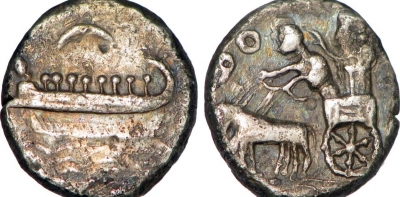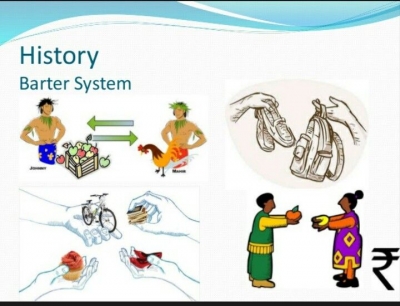Why should there be a day dedicated to the memory of slaves?

Today’s generation would find it difficult to believe that human beings were once sold in markets like vegetables or stationery.
However, the history of our civilization testifies that slavery, an inhuman system of treating humans without any due respect did exist for centuries. Therefore, it is apt to dedicate a day for remembering the victims of slavery and March 25 is the International Day of Remembrance of the Victims of Slavery and the Transatlantic Slave Trade.
One of the darkest episodes of human history is about the transatlantic slave trade in which more than 15 million men, women and children were put up for sale and spent their lifetime under inhuman conditions. It existed for about 4 centuries. The International Day offers the opportunity to remember and honour the victims who suffered and succumbed to death in the cruel system of slavery.
In honour of the victims, a memorial has been erected for the slaves known as the Ark of Return at the United Nations Headquarters in New York.
Picture Credit : Google














 codes used for communication between human beings. How many languages do you know? There are persons who can handle many languages with ease. However, for all of them, their favourite language must be their mother tongue! On February 21, we celebrate the International Mother Language Day.
codes used for communication between human beings. How many languages do you know? There are persons who can handle many languages with ease. However, for all of them, their favourite language must be their mother tongue! On February 21, we celebrate the International Mother Language Day.